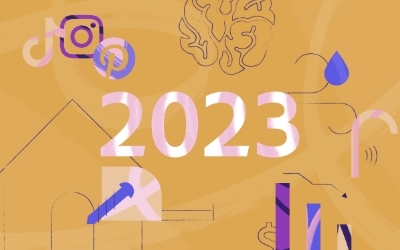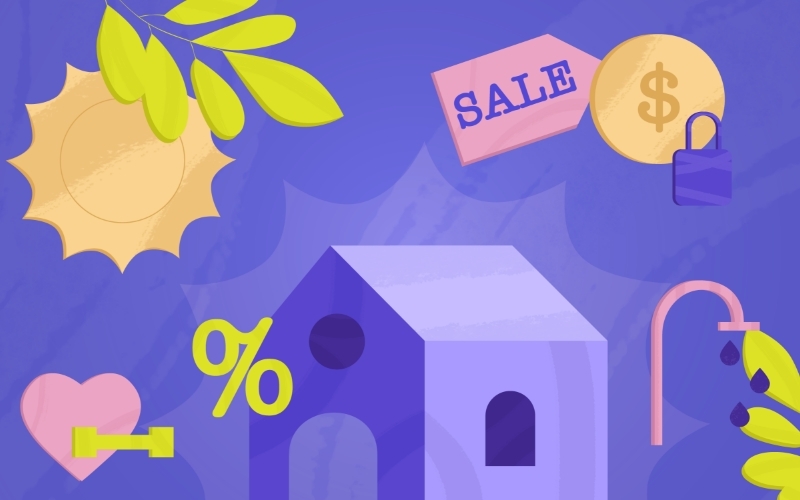Industry Trends
Marketing Insights

Written By
Wray Ward
This month, we attended the 2023 ANA Masters of B2B Marketing Conference presented by LinkedIn. There, marketing practitioners and thought leaders gathered in Orlando, Florida, to share marketing insights, best practices and trending topics.
Founded in 1910, the Association of National Advertisers is the oldest and largest advertising trade association in the United States. This year’s event included inspirational stories of business-to-business brand building, some of the current challenges for B2B marketers and how to delight B2B buyers at the times that matter most.
Across many sessions and panel discussions, one theme cropped up again and again: Focus on the long term. Staying committed to your foundational marketing objectives, even as outside circumstances threaten to derail plans, will help your organization remain competitive and resilient.
Here are our top four takeaways from the 2023 ANA Masters of B2B Marketing Conference.
1. Cutting marketing in tough times hurts profitability.
The market and world are rapidly changing: From a looming recession to lasting effects of the COVID-19 pandemic, economic headwinds have created disruptive challenges for B2B companies. With many organizations concerned about an economic downturn and rising global uncertainty, marketing and brand spend are often deprioritized. But B2B leaders should instead consider how marketing can help them not only fuel long-term growth but also create a competitive edge in the midst of an uncertain time.
Lisha Perez, partnership lead at the LinkedIn B2B Institute, championed all-weather marketing as a solution that can help B2B companies remain steady in uncertain times and make long-term investments, even as circumstances change.
According to Perez, even in good times, 95% of B2B buyers are future buyers, while only 5% are current or active buyers. Meanwhile, most B2B buying cycles last longer than the average recession. This means that most recessions will start and end within a single buying cycle. In other words, it’s prudent to treat a recession as a short-term fluctuation, not something on which to base your overarching strategy.
2. What got you here won’t get you there.
In an evolving business landscape, more B2B organizations are recognizing the importance of investing in the brand in addition to sales and lead generation. According to LinkedIn’s latest B2B Marketing Benchmark, B2B leaders plan to spend their marketing budgets on:
36% lead generation
30% brand building
20% demand generation
15% account-based marketing
In today’s B2B world, it’s more important than ever to connect with customers early and often with clear brand exposure, especially as the market grows more competitive. Therese Parkes, Google’s industry director for TechB2B, emphasized the complexity of the B2B buyer journey in her presentation.
Data from Google shows:
86% of B2B buyers start with a day one list of brands in mind.
21% discover their favorite brand during research, and they may consider up to five additional brands in the evaluation phase.
85% abandon a brand at least once during the purchase journey, and 89% reengage with a brand they have abandoned, suggesting the linear model no longer applies.
Marketers who cut brand spend see a 6% lower total shareholder return over the next three-year period than those who increase their brand spend.
3. Human-to-human marketing is gaining traction.
The pandemic fueled a greater desire for human connectivity. In turn, it drove many companies to review and optimize their customer experience, leading to increased expectations for customer-centric experiences among B2B as well as B2C buyers. For me, the main takeaway was this:
Don’t think of B2B marketing as business-to-business marketing. Today, your customers expect a human-to-human experience.
Now, with the proliferation of AI and other emerging technologies, B2B decision-makers are doubling down on efforts to humanize their marketing.
Matthew Powell, vice president and executive director of B2B International, shared that successful purchase journeys are increasingly driven by brand experiences that serve the needs and the personal agendas of the B2B buyers.


